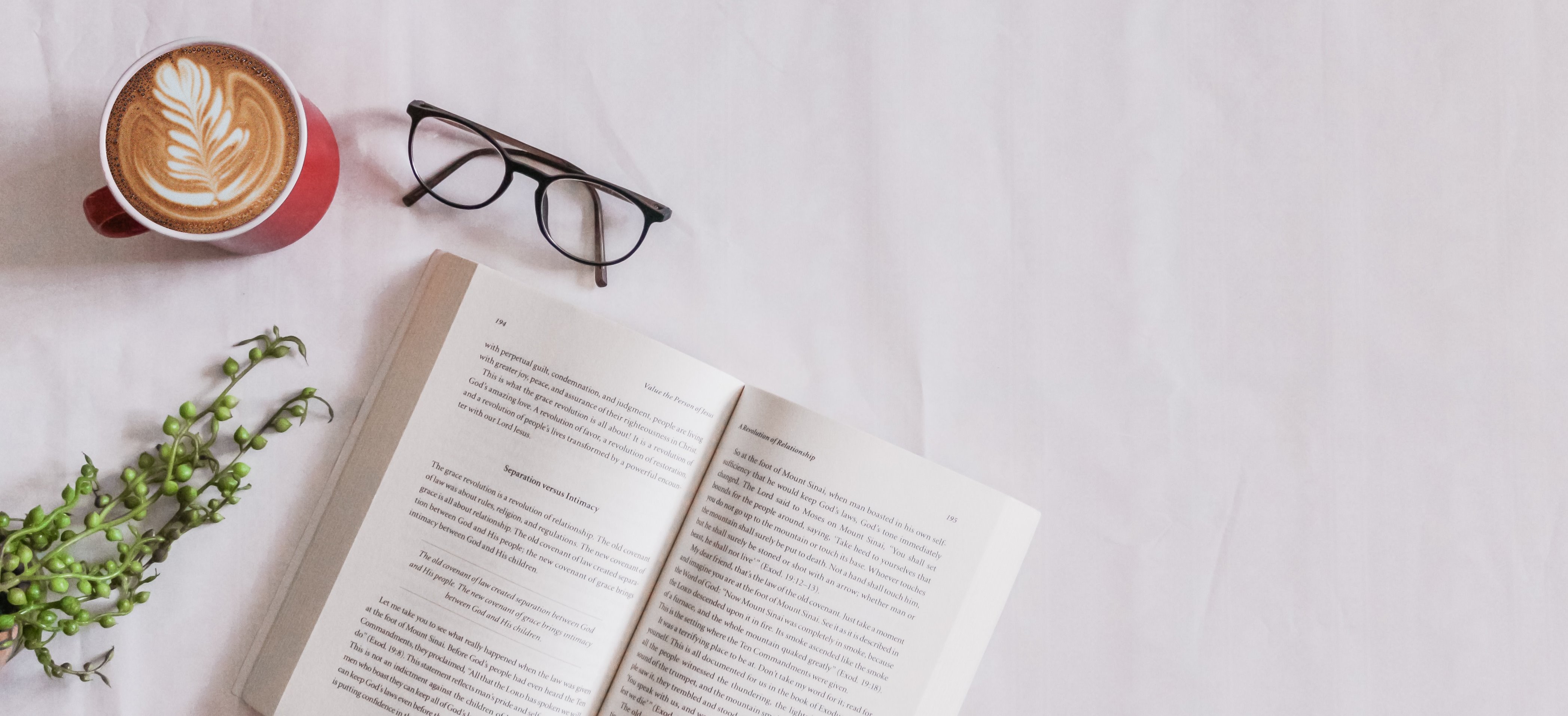If I’m to be honest, I haven’t been keeping up with my goal of reading more. I have read the occasional book, but so far I’m yet to be in a constant cycle of picking up a new read as soon as I’ve finished with one. In an attempt to start this routine, it’s about time that I tell everyone about one of the only books I have truly loved in the past year. This blog is long overdue.
After dropping dozens of hints to my boyfriend, I received Feminists Don’t Wear Pink (and other lies): Amazing women on what the F-word means to them for my birthday last year. I had been following a couple of people who contributed to the book, including the curator Scarlet Curtis, on social media for a while and have found them inspiring, so I was eager to delve into this collection of essays.
Feminism is very important to me. I believe that women and men are equal. I’ve been very lucky to be able to grow up as a feminist and be surrounded by great female and male role models. By having access to the internet and social media during my prominent teenage years, I feel I was educated on feminist issues around the world and have electronically met a range of different people, but I also became aware of my privilege as a straight, cis, white woman.
What’s great about the book is that there are over 50 contributors. Some are straight, white women like me and others are women of colour, transwomen, upper class women, working class women, older women, young women, married women, divorced women, mothers, single women, women from LGBT communities and more. From these personal essays I’ve gained an insight into what feminism means to others, not just myself.
View this post on Instagram
From wanking, period pants, interviews with mothers, talks about vulvas, co-parenting, internalised misogyny, plus so much more, the book showcases just how different women are and how we’re all striving towards the same goal. Some chapters are funny (like the Bridget Jones chapter by Helen Fielding), others made me cry but then feel hopeful (A Brief History of my Womanhood by Charlie Craggs) and others ignited a spark to be a better feminist (Dismantling and Destroying Internalized Misogyny: To Do-List by Dolly Alderton).
I recommend it to everyone. Whether you’re already a feminist and need a new book, someone who wants to learn more about feminism or even if you don’t believe you are a feminist. It’s well worth your time.
View this post on Instagram
Curtis encourages readers at the end of the book to write their own Feminists Don’t Wear Pink essay and/or talk about a lie linked with feminism. I’m not ready for an essay just yet, but I did write a few paragraphs on an aspect of feminism I personally feel is important to talk about.
These are just my own thoughts and feelings, after feeling inspired by the book.
Being in love and being a feminist
While I think the stereotype is slowly dying away, there is still the view from a few that you can’t be a feminist and be in a relationship. The two don’t go together, because being a feminist automatically means you’re single and being in a relationship affects your commitment to feminism.
Maybe the two things are confused because relationships are presented as having someone ‘complete’ you, and seeing as feminism erupted from women wanting agency the two things don’t go hand in hand. Historically, women weren’t allowed to vote, own property, or do almost anything a man could do. They especially couldn’t do things without the approval of their their husband or father. If feminism evolved to allow women to be independent, then wanting to be in a relationship that is smothered in love and affection goes against that surely?
But it’s not about feeling complete with someone. You can feel complete on your own (which I might write about in the future, as this has taken me a long time to learn myself), be your own person, have your own thoughts, opinions, hobbies, interests and beliefs. But you can also want to do all this with another person by your side too. Depending on someone emotionally when they equally depend on you doesn’t take away from your overall independence and I think that’s where the confusion comes.
Feminism is about choice. I could live without my boyfriend. But I don’t want to. I can go out and do my own thing or have days to myself and I do (as I think any healthy relationship needs). But I’d much rather spend my time together.
“Being married is like having somebody permanently in your corner. It feels limitless, not limited.” – Gloria Steinem.
Thanks for reading.
